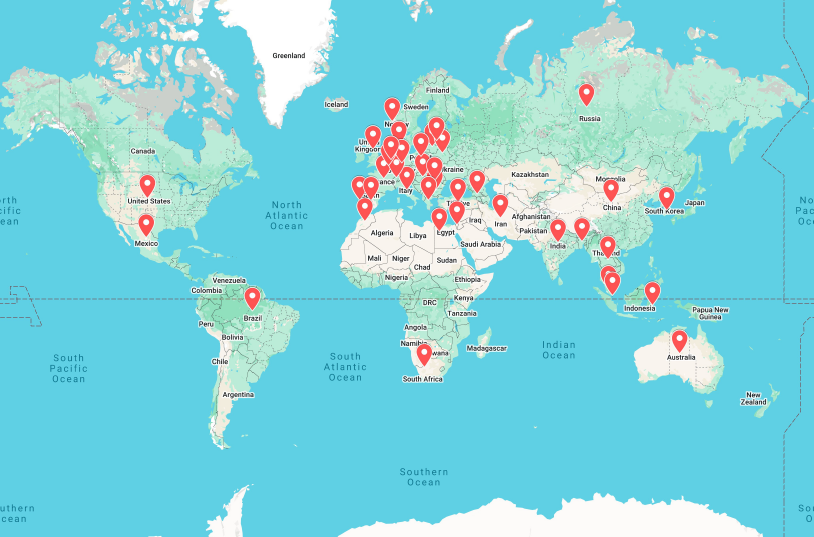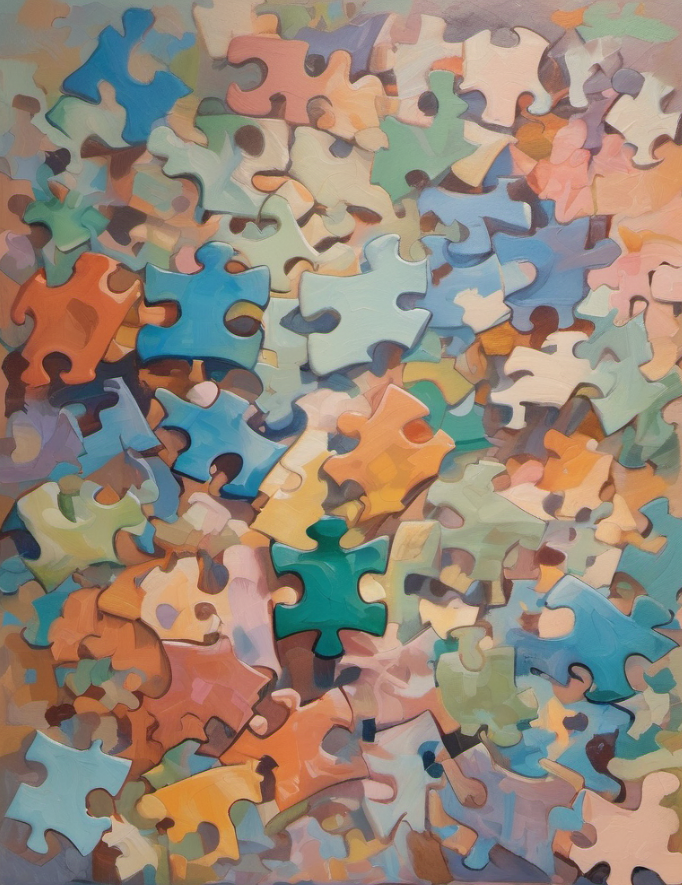International study to develop the next generation of Schema Therapy assessment instruments.

Welcome!
Welcome to the website of the research study on the new generation of Schema Therapy assessment instruments. On this website you can find additional information about the study’s objectives, participation guidelines, and ways to connect with our research team.

What is the aim of the study?
The main goal of this study is to evaluate newly revised questionnaires that assess Schema Therapy-related constructs. We aim for these instruments to demonstrate validity and usability across different cultures and languages.

Who can participate?
Our study aims to encompass a wide range of participants, including adults from diverse cultural, ethnic, and socioeconomic backgrounds, spanning various age groups and educational levels. We seek to ensure representation from different geographical locations.

Where does the study take place?
Our study takes place entirely online and is available in more than 25 languages.
Schema Therapy
What is Schema Therapy?
Jeffrey E. Young originally developed Schema Therapy for the treatment of personality disorders. However, Schema Therapy has evolved beyond its initial scope and therapists now utilize this approach to manage many different conditions and psychological concerns. Schema therapy aims to help with deeply rooted patterns that impact mental health. These patterns, called maladaptive schemas, are the main focus of this therapeutic approach.

Early Maladaptive Schemas
At the heart of Schema Therapy lies the recognition of core emotional needs. These needs (e.g., need for safety, love, nurturance and acceptance) are essential for the optimal psychological growth of every human. When these basic needs are not adequately fulfilled, maladaptive schemas may develop as a result.
A schema is considered to be a broad enduring theme or pattern that is rooted in early childhood experiences. Schemas form an ingrained ‘filter’ through which individuals perceive the world, understand themselves, and navigate relationships. While originally serving a functional purpose, schemas endure into adulthood, often becoming outdated and maladaptive, influencing an individual’s thoughts, emotions, and behaviors consistently over time.
Several schemas have been described in the literature including, among others, the schema of Emotional Deprivation, where a person perceives insufficient support or love from others, and the Dependence/Incompetence schema, where one feels that they cannot manage daily challenges independently.


Schema Modes
While schemas are stable frameworks through which people interpret the world, schema modes represent the fluctuating emotional states a person can be in that affect their daily interactions. These schema modes are thought to arise by the way a person handles the activation of schemas.
Schema therapy aims to gradually replace maladaptive schemas and modes with more realistic and functional ones so that a person experiences less emotional distress. This may help them with self-esteem, their relationships with others, and overall daily functioning.